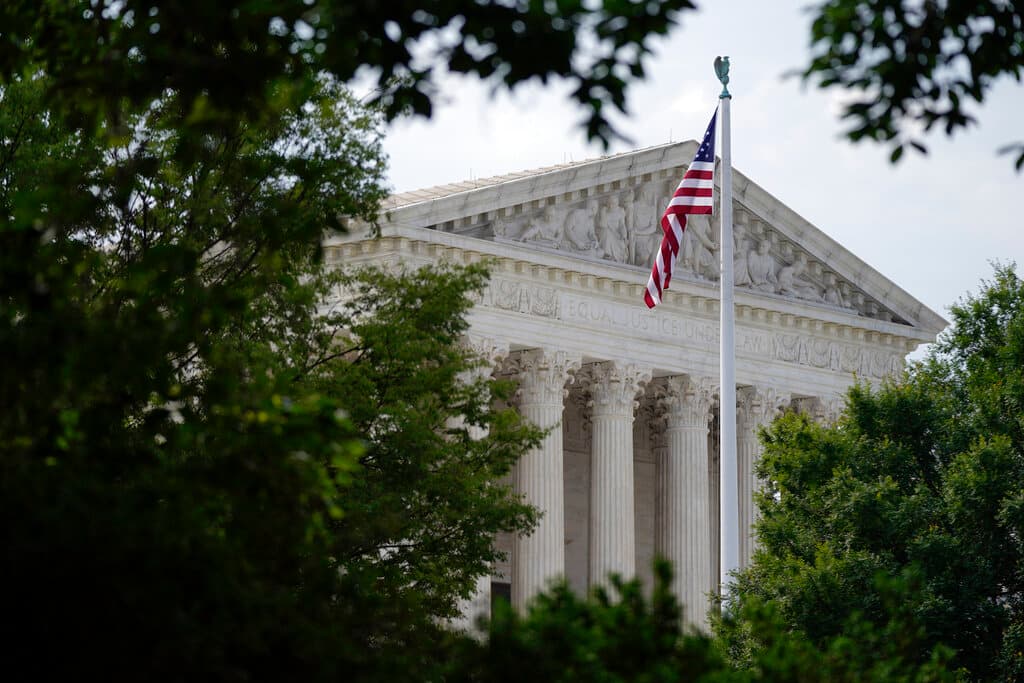Maine Is Sued for Seeking To Evade Supreme Court’s Ruling That Forbids Excluding Religious Schools From State’s Voucher Program
‘You can’t do an end run around the Supreme Court,’ a lawyer for a God-fearing family seeking a voucher to send a child to a parochial school says.

The campaign by the state of Maine to avoid having to obey a 2022 Supreme Court ruling prohibiting discrimination against religious schools in its voucher program will be challenged by a new lawsuit filed by a Catholic school and Catholic authorities in the state.
Please check your email.
A verification code has been sent to
Didn't get a code? Click to resend.
To continue reading, please select:
Enter your email to read for FREE
Get 1 FREE article
Join the Sun for a PENNY A DAY
$0.01/day for 60 days
Cancel anytime
100% ad free experience
Unlimited article and commenting access
Full annual dues ($120) billed after 60 days

